
ACE Global is an Ophthalmologist-led 501(c)(3) nonprofit organization dedicated to teaching and training the next generation of eye care providers in low and middle-income countries with the aim of equipping them with the skills needed to establish productive practice environments that will work towards curing the blindness epidemic in their communities.
(Source: World Health Organization)
The life expectancy for someone who is blind in the developing world is one-third that of his or her healthy peers. For blind children, the fate is even worse, with staggering rates of mortality in the first year of losing vision. The devastation extends beyond the sightless individual, affecting entire families and communities. Blindness takes an able-bodied person out of the workforce: Children are often pulled from school to care for a blind parent, sibling, or neighbor. Blindness perpetuates poverty, and poverty, in turn, magnifies the suffering of sightlessness.

According to estimates by the Vision Loss Expert Group, an international group of mainly Ophthalmologists and Optometrists with experience in ophthalmic epidemiology, Cataract and Uncorrected Refractive Error are the top two causes of vision impairment worldwide. Together, they cause nearly 75% of all global vision impairment. Fortunately, individuals afflicted by these conditions can have their sight restored when provided access to some of the most cost-effective medical interventions available, cataract surgery and eyeglasses. When counted with other highly treatable eye diseases, like Trachoma, and other partially preventable and treatable conditions, such as Diabetic Retinopathy and Glaucoma, it becomes clear that over 80% of all vision impairment worldwide can be prevented or cured with access to proper vision care.
ACE Global plans to achieve its mission by focusing on the next generation of ophthalmologists in the developing world and training, empowering, and equipping them to overcome the challenges in providing efficient, high-quality eye care in their countries and communities. By doing so, ACE Global seeks to promote a local, self-sustaining solution to making eye care accessible in underserved areas of the world. We will pursue our mission by focusing on the following areas:
Harnessing capability and confidence through relational mentorship — both live and virtually.
Click here to sign up as a mentor.
ACE Global delivers world-class teaching and mentorship curriculum in residency, fellowship, and beyond. Click here to learn more about our new Digital Training Hub and Wet Lab.
The ACE Global Honduran ophthalmology fellowship is the first specialty training fellowship of its kind in Honduras. Through this program, young Honduran ophthalmologists are able to visit the United States to receive training from a number of partner physicians. Click here to learn more about ACE Global’s Distance Surgical Mentorship program.
Leveraging technology to increase human connection and skills competency, which helps create regionally relevant self-sustainable models of eye care delivery through education and business development.
ACE Global’s Digital Training Hub and Wet Lab leverages available advanced technology to better prepare Honduran ophthalmology residents for the operating room. Made possible with generous funding from ORBIS and a private donor, this cutting-edge training suite gives young surgeons the ability to live-cast video to mentors both locally and internationally.
When a technique needs to be perfected or a new procedure learned, mentors can log on with the resident and give them live coaching. ACE Global has applied technology that became widely available due to the 2020 Pandemic to continue to train both abroad and in person. Residents are now able to reach out to experts that can give them pointers while operating on the best artificial eyes available on the market. Both manual and phaco procedures are taught and efficiencies are gained through repetition. Artificial eyes are becoming more and more life-like and the residents use them for multiple procedures.
With preventable blindness rates continuing to soar in developing countries, new ophthalmologists need the best training available to be able to turn the tide on this epidemic that overtly affects the poor disproportionately. Thanks to their new Digital Training HUB and Wet Lab, residents’ skills and confidence have improved drastically, better preparing them to deliver the high-quality, high-volume procedures needed in their communities.
One of the biggest causes of preventable blindness in low- and middle-income countries is that there are simply not enough cataract surgeons to meet the growing need. Mentoring current ophthalmologists in low- and middle-income countries who have insufficient surgical training has the potential to be one of the most effective ways to increase the cataract surgical volumes in areas of the world with the greatest burden of preventable blindness. Historically, surgical mentorship and training are done surgeon to surgeon while sitting next to each other in the operating room. In many low- and middle-income countries the availability of this modality is limited, which leaves many young surgeons inadequately trained and uncomfortable performing modern surgical techniques, such as phacoemulsification. Consultant surgeons from high-income countries commonly have the desire to help in global blindness prevention, but time and travel demands are the number one cited barrier to more frequent involvement. Offering the option to mentor surgeons in low- and middle-income countries through remote, 3D-capabilities (from the comfort of a US surgeon’s own environment) creates exponential possibilities for training and capacity building. Live, remote distance, surgical mentorship in 3D enables consultant ophthalmologists from anywhere in the world to effectively and efficiently teach and mentor local surgeons on modern, safe, high-quality techniques through real-time discourse and interchange.
There are only two low- and middle-income countries that have reversed their cataract blindness backlog, Nepal and Bhutan. Honduras has the potential to be the third if the eye care provider community surgical output can be increased through training and mentorship. This is the goal of ACE Global’s Distance Surgical Mentorship program.
In the first step of this program, ACE Global uses Alcon’s NGENUITY system to live stream surgeries from the US to the residents and young surgeons in Honduras. ACE Global surgeons have successfully broadcasted hundreds of anterior segment/phacoemulsification teaching cases performed on NGENUITY without any internal modifications to the NGENUITY system, using only external streaming devices. These streams feature live dialogue and visiting surgeons via Zoom to help moderate and teach.
Next, the residents/young surgeons are able to use the digital training hub and wet lab to live-stream cases to mentors anywhere in the world. This wet lab was made possible through a partnership with ORBIS. The young surgeons will then transition into the OR. They are mentored on-site and then set up with the ability to stream their live surgeries to ACE Global mentors, who can provide consistent feedback and mentorship. This setup is supported by Alcon, with an NGENUITY 3D Visualization System in the Honduras OR. Using zoom, and multiple cameras, the US mentors can see the phaco machine, the surgeon’s hands/patient position, and the microscope view. The ability to stream live in 3D is also in the works.
The final step of the Distance Surgical Mentorship program is a fellowship. In fact, ACE Global’s anterior segment fellowship is the first of its kind in Honduras. The ACE Global fellows obtain a US visa and spends 2-3 months total observing at several sites in the US. Then, the fellows perform mentored cases in Honduras. They are mentored by US teams visiting the Honduran facility and also through streaming live surgeries via NGENUITY.
Upon completion of this fellowship, ACE Global’s fellows will have completed around 500 cases as primary surgeons and then transition into a productive practice environment.
If you are interested in being an ACE Global mentor, we would love to connect with you! Please click here to complete our mentor sign-up form.
We invite young Ophthalmologists from low-resource or underserved countries to apply for our Honduras-based Anterior Segment or Oculofacial Plastic & Reconstructive Surgery 12-month fellowship. Fellows are expected to bring their acquired knowledge and skills back to their native countries and participate in programs to preserve vision and prevent blindness. Please review the program requirements below and click here to start the application process.
Program Qualifications / Requirements:
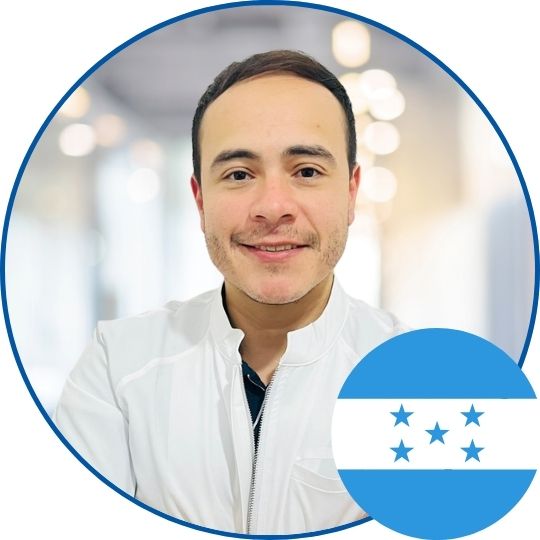
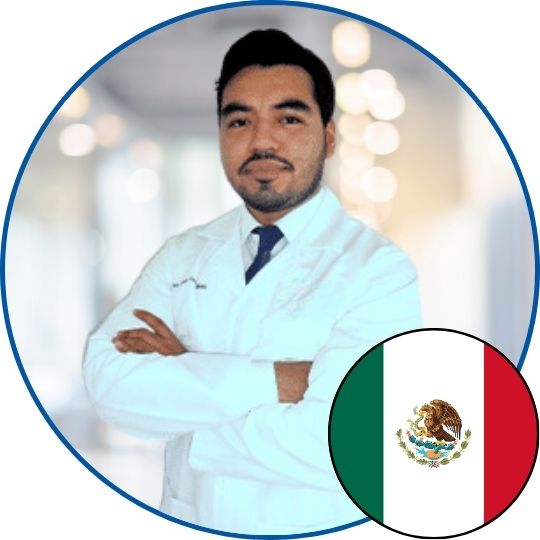
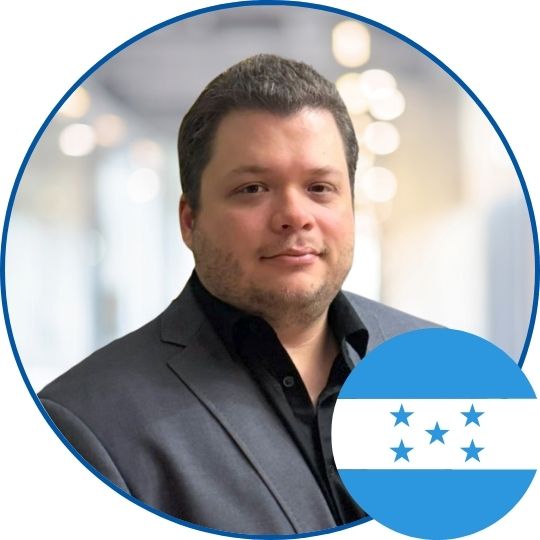

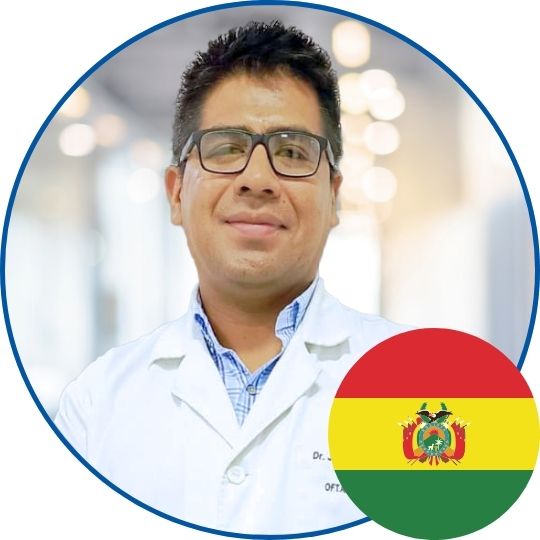
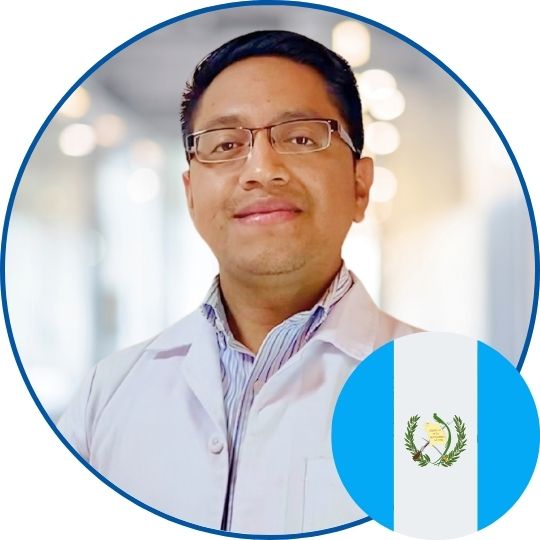
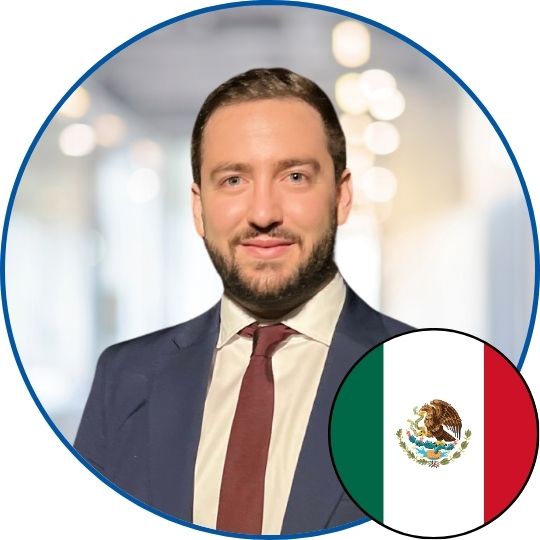
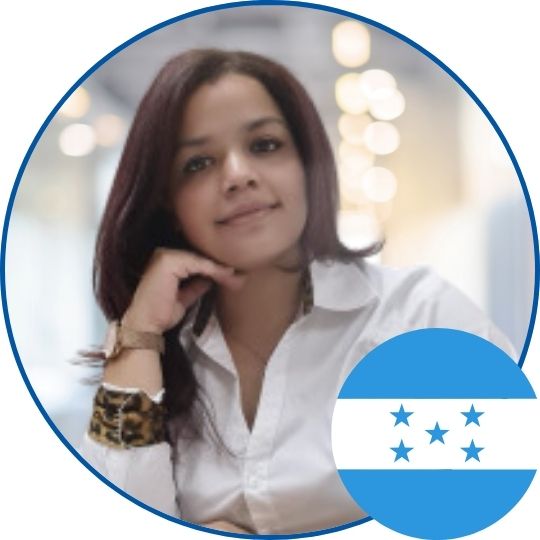
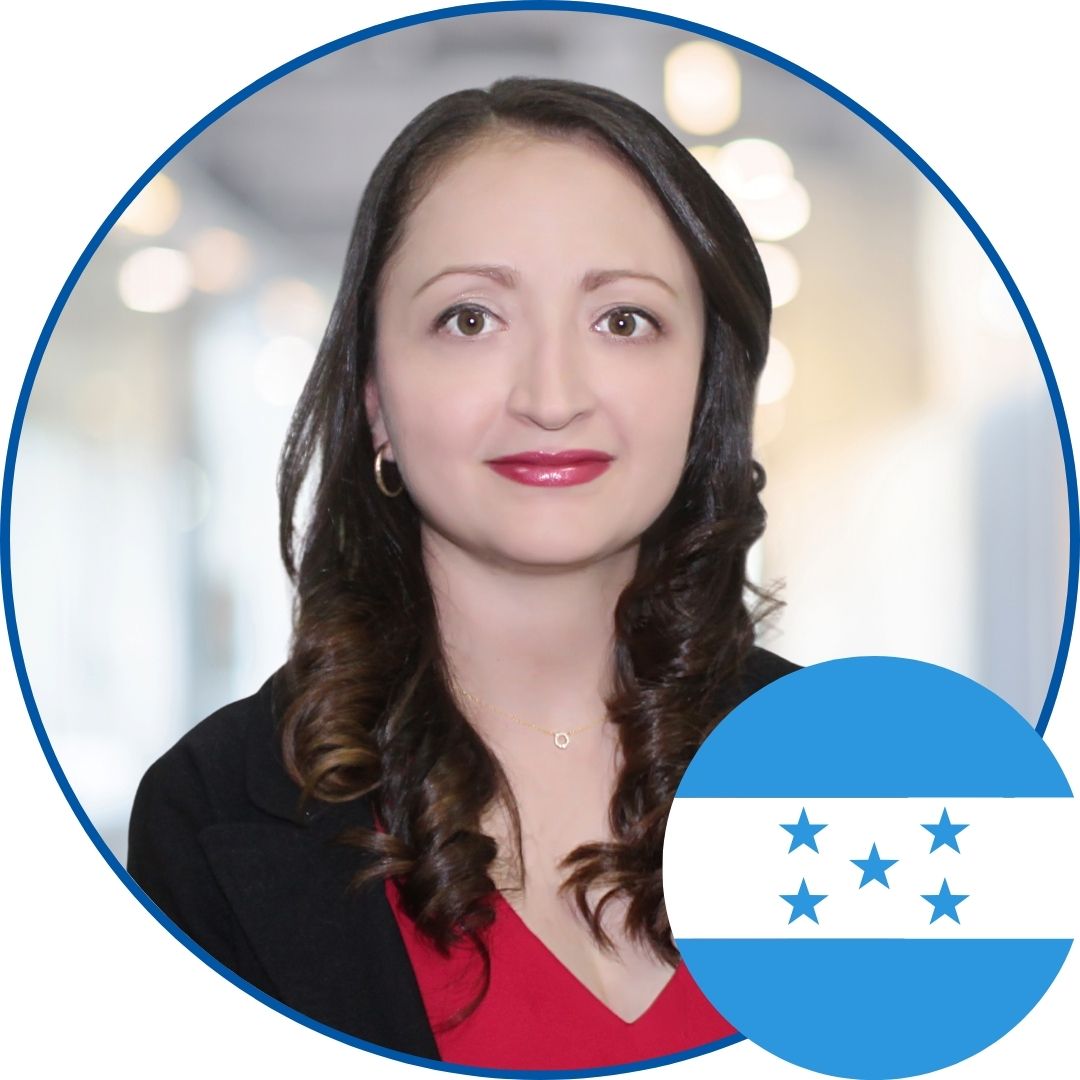
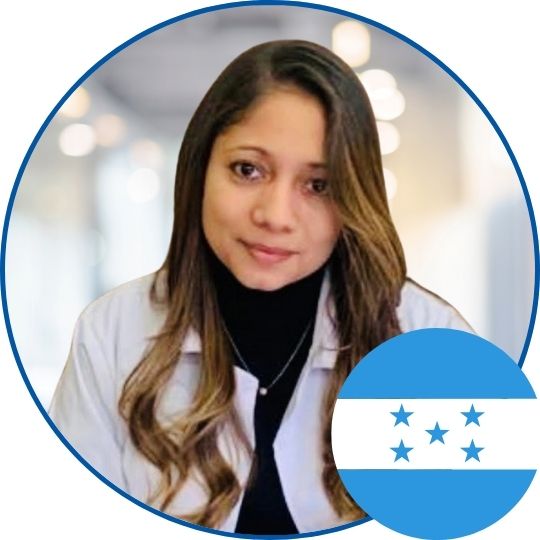
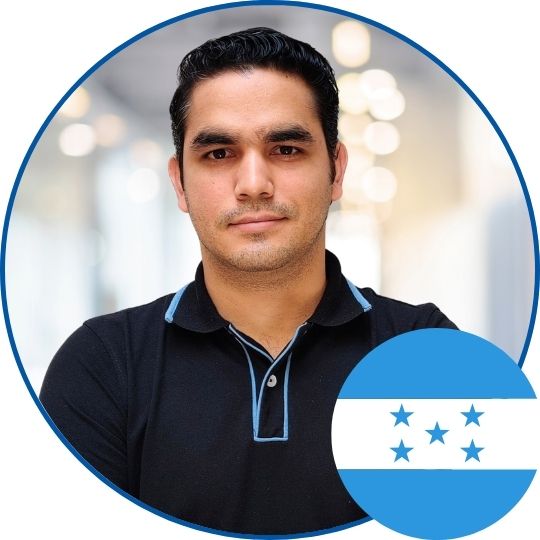
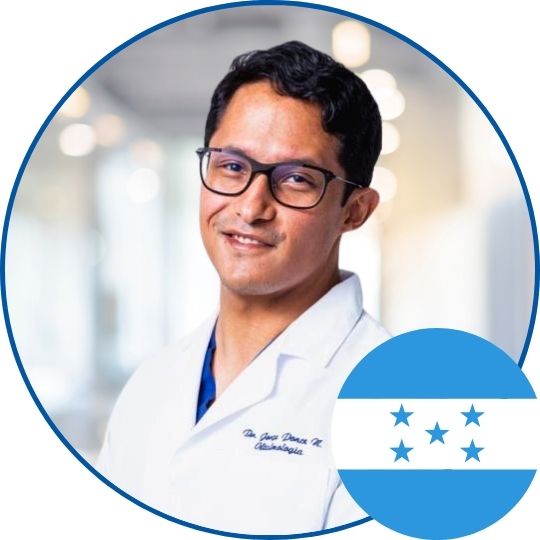
ACE Global relies on the generosity of individuals, organizations, and industry partners to fund its programs. Any donation, no matter the amount, supports our mission to train and equip young ophthalmologists on the front lines of the battle against avoidable blindness in low- and middle-income countries. With your support, we can help build a sustainable, high-quality, high-volume, ophthalmology industry that will enable access to sight-restoring care for tens of thousands of individuals who are currently needlessly blind.
Note: An OPTIONAL donation to support our free fundraising platform is added to your donation amount in the “CONFIRM YOUR DONATION” section. Please use the drop-down and select “other” to enter a custom amount to donate to the platform. A $1.00 donation helps us incur no administrative fees/costs from the platform.
Advanced Center for Eyecare Global is a 501(c)(3) organization, so your donation is tax deductible.
Click here to view our tax exemption letter.